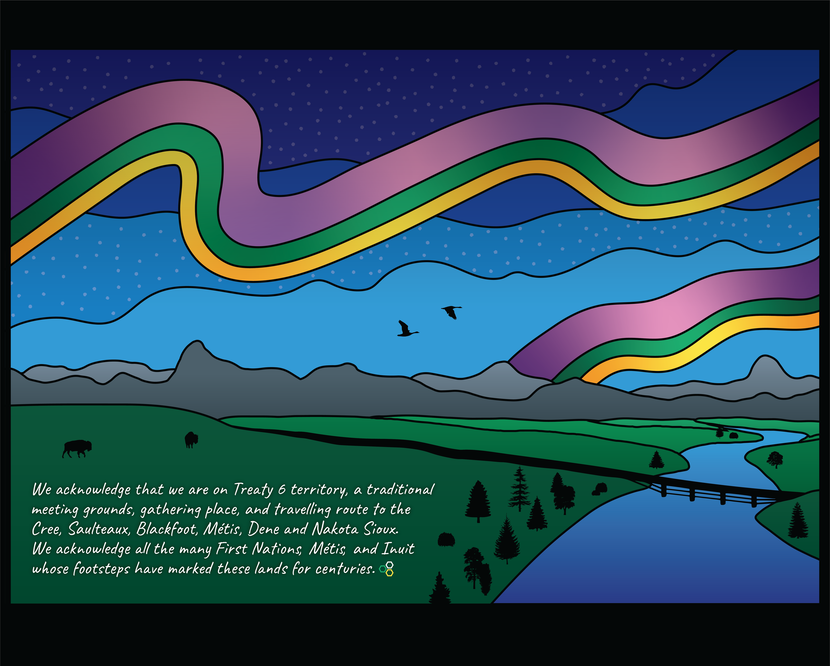National Centre for Truth and Reconciliation
The National Centre for Truth and Reconciliation (NCTR) was created to preserve the memory of Canada’s Residential School system and legacy. Not just for a few years, but forever.
Officially opening in the summer of 2015, the NCTR will be the permanent home for all statements, documents, and other materials gathered by the Truth and Reconciliation Commission of Canada (TRC).
The NCTR will ensure that:
• Survivors and their families have access to their own history
• Educators can share the Residential School history with new generations of students
• Researchers can delve more deeply into the Residential School experience
• The public can access historical records and other materials to help foster reconciliation and healing
• The history and legacy of the Residential School system are never forgotten
The NCTR is a creation of the Indian Residential Schools Settlement Agreement, signed in 2007 by representatives of former students of the schools, the Government of Canada, Churches, the Assembly of First Nations, and the Inuit Tapiriit Kanatami.
One part of the Settlement Agreement created the Truth and Reconciliation Commission of Canada and mandated the Commission to create a permanent archive for all of the statements, documents and other materials it would gather over its years of operation.
The NCTR operates according to a Trust Deed and an Administrative Agreement signed by the TRC and the University of Manitoba. View the signing ceremony. These documents set out the responsibilities and operations of the NCTR. The Governing Circle and Survivors Circle play an important role in ensuring the promises undertaken in these agreements are honoured.
While the life of the NCTR begins with the statements and documents from the Truth and Reconciliation Commission of Canada, in future, it will house other Indigenous collections. It will also encourage dialogue on the many issues that stand in the way of Reconciliation.
Our Future
Truth
